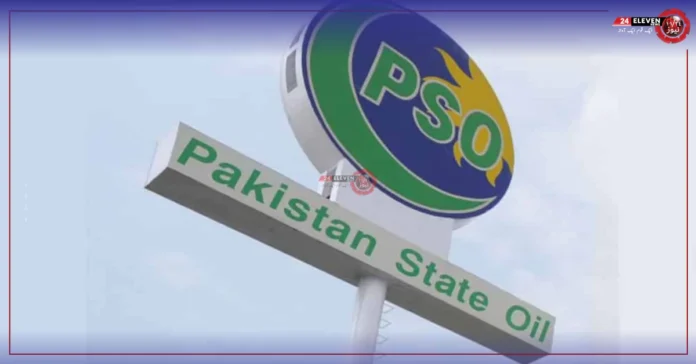Pakistan State Oil (PSO), the country’s fuel lifeline, is grappling with a staggering Rs. 802 billion in outstanding dues, more than doubling since August 2021. This alarming spike, driven primarily by a public gas utility’s Rs. 519 billion debt, paints a concerning picture of PSO’s financial health and threatens the stability of the energy sector.
Adding to the woes, power generation companies owe PSO Rs. 150.8 billion, highlighting the interconnectedness of Pakistan’s energy sector and the cascading impact of payment delays. The government itself isn’t blameless, contributing Rs. 8.9 billion in unpaid price differentials. Major power players Hubco and Kapco further exacerbate the situation with outstanding dues of Rs. 29.5 billion and Rs. 5 billion, respectively.
Read More: November 2023 Textile Exports Drop 7% to 1.32 Billion in Pakistan
This mountain of receivables has crippled PSO’s ability to settle its own debts to oil refineries, with payables ballooning to Rs. 48.8 billion. Companies like Pak-Arab Refinery (Rs. 26.6 billion), Pakistan Refinery (Rs. 8.4 billion), and Attock Refinery (Rs. 6.9 billion) are among the worst hit.
The escalating financial crunch risks disrupting Pakistan’s fuel supply chain, potentially impacting various sectors and jeopardizing economic activity. Urgent action is needed from the government and stakeholders to address the root causes of this crisis, including delayed payments and inefficiencies within PSO. Exploring alternative financing options and streamlining operations could also offer a lifeline.
Read More: 51% Less Foreign Loans in November 2023
Open communication and transparency regarding PSO’s financial situation are crucial to restore stakeholder confidence. Regular updates on the progress made in tackling this crisis will be key to ensuring stability in the energy sector and mitigating potential risks to the economy.
Ignoring this financial red flag could have severe consequences for Pakistan’s fuel security and economic health. Swift and decisive action is critical to prevent further deterioration and ensure the smooth operation of the country’s vital fuel supply chain.


